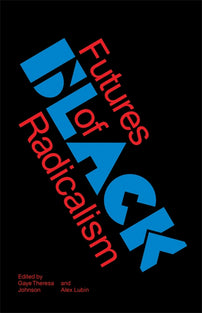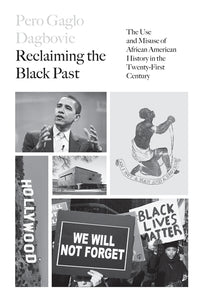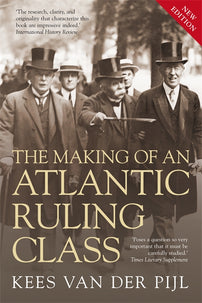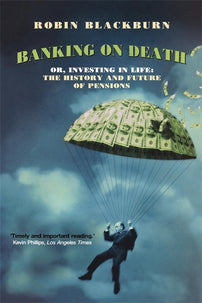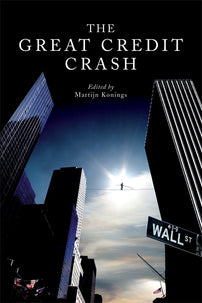Who Makes Cents: A History of Capitalism Podcast — Episode 45: Mehrsa Baradaran on Black Banks and the Racial Wealth Gap
In a new episode of Who Makes Cents: A History of Capitalism Podcast, Mehrsa Baradaran looks at the history of the racial wealth gap and the ways that Black banks have often acted to distract from more fundamental solutions.

Who Makes Cents is a monthly program, sponsored by Verso Books, devoted to producing engaging stories that explain how capitalism has changed over time. In interviews with historians and social and cultural critics primarily, though not exclusively, focused on U.S. history, the show highlights the political and economic changes that have created the present. Each episode gives voice to the people who have shaped capitalism — by making the rules or by breaking them, by creating economic structures or by resisting them.
The racial wealth gap is among the most dire problems in contemporary society. As of 2014, Black households had fewer than seven cents for every dollar owned by white households. This situation of racial wealth inequity is disturbingly similar to the one that existed at the end of slavery.
Today, we welcome back to the show Mehrsa Baradaran, our guest from episode 30. We speak to Mehrsa about her recent book about the history of the racial wealth gap and how Black banks — a solution that is often suggested — have instead operated as a decoy, and distracted from more far-reaching solutions.
Mehrsa Baradaran is author of The Color of Money: Black Banks and the Racial Wealth Gap. She is Associate Dean for Strategic Initiatives & J. Alton Hosch Associate Professor of Law at the University of Georgia School of Law.
Listen below or click here to download.
Betsy A. Beasley is a Member at the Institute for Advanced Study in Princeton, NJ. She specializes in urban history, transnational labor, and international business in the twentieth century. Her current book project, Service Capital: Houston and the Making of a Postcolonial Oil Economy, traces Houston-based oilfield services executives who promoted a new ideology of American internationalism that envisioned the U.S. not as a center of manufacturing and production but as a white-collar headquarters serving the world through its provision of expertise. She cohosts and produces Who Makes Cents: A History of Capitalism Podcast with David Stein.
David P. Stein is a Lecturer in the Departments of History and African American Studies at UCLA. He specializes in the interconnections between social movements, public policy, and political economy. His first book, Fearing Inflation, Inflating Fears: The Civil Rights Struggle for Full Employment and the Rise of the Carceral State, 1929–1986, will be published by the University of North Carolina Press. He co-hosts and produces Who Makes Cents: A History of Capitalism Podcast with Betsy Beasley.
[book-strip index="1" style="display"]
